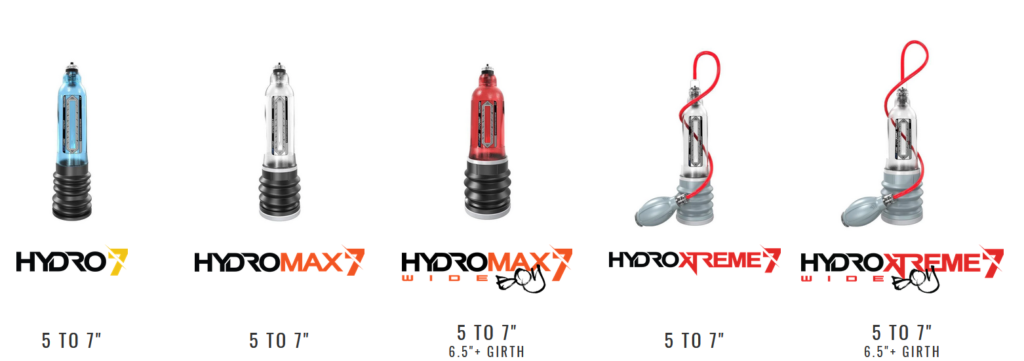Testosterone: The Male Hormone That Matters
Testosterone, a key hormone in men, plays a crucial role in various bodily functions. From muscle development to sexual health, this hormone influences many aspects of a man’s life. However, low testosterone levels, a condition known as hypogonadism, can lead to a range of health problems.
Understanding Testosterone
Testosterone is primarily produced by the testicles. It is responsible for:
- Muscle development: Testosterone helps build and maintain muscle mass.
- Bone density: It contributes to strong bones and prevents osteoporosis.
- Sexual function: Testosterone is essential for libido, erectile function, and sperm production.
- Mood and energy levels: It can influence mood, motivation, and overall energy.
Symptoms of Low Testosterone
Low testosterone levels, or hypogonadism, can manifest in various ways. Some common symptoms include:
- Decreased libido: Reduced interest in sex
- Erectile dysfunction: Difficulty achieving or maintaining an erection
- Fatigue: Feeling tired or exhausted
- Decreased muscle mass: Loss of muscle strength and size
- Mood changes: Irritability, depression, or anxiety
- Reduced bone density: Increased risk of fractures
- Hot flashes or night sweats: Similar to those experienced by women during menopause
Causes of Low Testosterone
Several factors can contribute to low testosterone levels, including:
- Aging: Testosterone levels naturally decline with age
- Medical conditions: Certain health conditions, such as obesity, diabetes, and hypothyroidism, can affect testosterone production.
- Medications: Some medications can interfere with testosterone production.
- Injury or surgery: Damage to the testicles or pituitary gland can impact testosterone levels.
Genetic factors: Inherited conditions can influence testosterone production.
Diagnosis and Treatment
If you suspect you may have low testosterone, it’s important to consult with a healthcare professional for a proper diagnosis. Blood tests can measure testosterone levels.
Treatment for low testosterone may involve:
- Testosterone replacement therapy: This involves taking testosterone supplements in various forms, such as injections, gels, or patches.
- Lifestyle changes: Maintaining a healthy weight, exercising regularly, and managing stress can help improve testosterone levels.
- Addressing underlying medical conditions: Treating conditions like obesity or diabetes can also help regulate testosterone production.
It’s essential to discuss the potential risks and benefits of testosterone therapy with your doctor. While it can be effective in addressing symptoms of low testosterone, it may also have side effects.
If you’re experiencing symptoms of low testosterone, don’t hesitate to seek medical advice. Early diagnosis and treatment can help improve your overall health and well-being.


One response to “Symptoms of Low Testosterone n Men”
[…] testosterone levels: Boosting overall testosterone […]